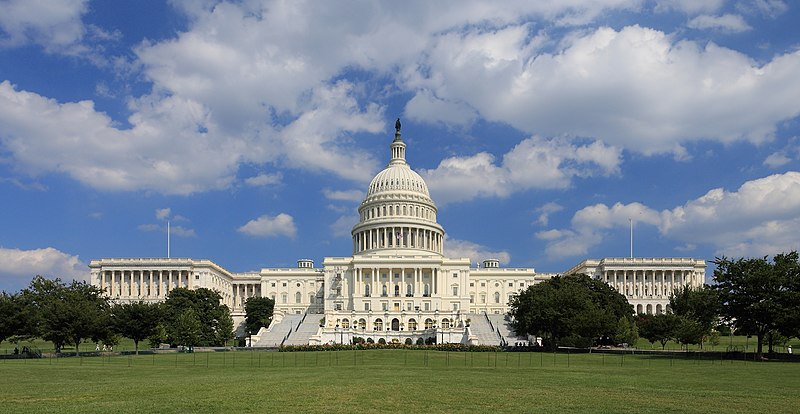
A man convicted for his involvement in the January 6 Capitol riot and later found guilty of plotting to kill federal agents investigating him was sentenced to life in prison on Wednesday.
Edward Kelley, already facing charges related to the 2021 Capitol attack, was accused of creating a "kill list" targeting FBI agents and others involved in his investigation. Prosecutors said he developed the plan while awaiting trial, intending to eliminate those connected to his case.
In November, a jury in Tennessee found Kelley guilty of conspiring to murder federal employees, soliciting a violent crime, and threatening a federal official. Prior to that, he had been convicted on 11 counts in a separate bench trial related to the Capitol breach. Court records noted that Kelley was among the first to enter the Capitol and was seen pursuing Capitol Police officer Eugene Goodman in a confrontation that gained widespread attention.
After former President Donald Trump returned to office in January, he issued pardons for nearly all Jan. 6 defendants, including Kelley. Kelley's legal team argued the pardon should also apply to the murder plot charges. Similar claims have been raised by other rioters facing additional charges.
While the Justice Department has, in some cases, accepted that Trump’s pardons may extend beyond Jan. 6-related conduct, it opposed that interpretation in Kelley’s case. Prosecutors stated the murder plot was a separate criminal act, unrelated to the events at the Capitol.
“These offenses stem from the defendant’s own independent actions,” prosecutors wrote in a February filing. “They are not connected to the events of January 6.”
U.S. District Judge Thomas Varlan, appointed by President George W. Bush, agreed with prosecutors in March and upheld Kelley's convictions in Tennessee. However, he acknowledged concerns about inconsistencies in the Justice Department’s stance and indicated that the courts must independently interpret the scope of Trump’s pardons.
Prosecutors pushed for the maximum penalty, describing Kelley’s crimes as “grave and undeniably dangerous.” They said he had specific assassination targets and planned to use explosives to attack the FBI office in Knoxville.
On Wednesday, Judge Varlan denied Kelley’s request for release while he appeals his conviction. Photo by Martin Falbisoner, Wikimedia commons.






































